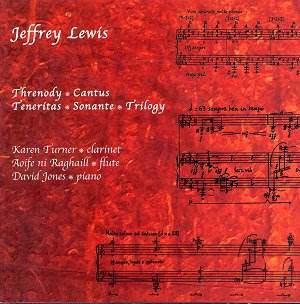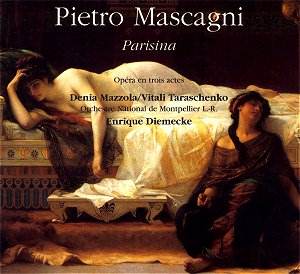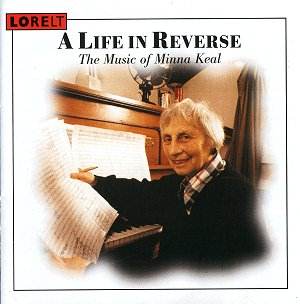 Composer: Jeffrey Lewis
Composer: Jeffrey Lewis
Works: Threnody, Cantus, Teneritas, Sonante, Trilogy
Performers: Karen Turner (clarinet), Aoife ni Raghaill (flute), David Jones (piano)
Recording: ASC Studios, Macclesfield, July 2000
Label: ASC CS CD43
Jeffrey Lewis, born in 1942 in Port Talbot, emerges as a distinct voice within the contemporary classical landscape, melding influences from luminaries such as Stockhausen and Ligeti with a sensitivity to the lyrical potential of instrumental color. This collection of chamber works, recorded in 2000 and presented on ASC CS CD43, offers a profound exploration of timbre and texture that reflects both the composer’s stylistic evolution and his pedagogical insights gained through years of teaching at institutions like the Leeds College of Music and the University of Wales, Bangor. The disc includes five notable works, each revealing different facets of Lewis’s compositional language.
The opening piece, Threnody, is a study in stasis, deploying wide-spaced chords that evoke a sense of timelessness. The pianist, David Jones, navigates the work’s somber atmosphere with remarkable restraint, allowing each chord to resonate before moving to the next, creating a rocking motion that is both meditative and haunting. The clarity of the recording captures the nuances of Lewis’s harmonic language, ensuring that the listener can appreciate the intricate layering of sound. This work sets a reflective tone for the album, preparing the audience for the contrasting dynamism of Cantus.
Cantus, a two-movement piece for clarinet and piano, introduces elements reminiscent of Eastern music, as evidenced by the gongs and chimes that characterize the piano part. Turner’s clarinet playing shines here, her technique allowing for a smooth transition between lyrical passages and more fragmented motifs. The second movement, marked by increased animation, displays a compelling interplay between the clarinet’s soaring lines and the densely spaced piano chords, showcasing Lewis’s ability to exploit the clarinet’s lyrical qualities while maintaining a sense of tension. The dynamic range in this movement is particularly striking, with the contrast between the brooding clarity of the clarinet and the more assertive piano textures enhancing the work’s emotional depth.
Teneritas, for flute and piano, offers an ethereal quality without veering into the overly delicate or fey. Aoife ni Raghaill’s flute playing is marked by a silvery sheen, its ethereality grounded by the insistently rhythmic piano chords. The interplay here is masterful, with Lewis’s writing allowing for the flute to float above the more assertive piano, creating a tension that captivates the listener. The engineering of this piece allows for a rich sonic tapestry, where the subtleties of the flute are not lost against the piano’s assertive lines.
The earlier work, Sonante, presents a choppy, fragmentary dialogue between clarinet and piano that is both tense and engaging. The performance is marked by its expressiveness, though one might argue that the work’s inherent disjointedness could benefit from a more cohesive interpretation. However, this fragmentation is integral to Lewis’s language, and both Turner and Jones navigate these complexities with commendable skill, ensuring that the listener remains engaged despite the work’s angularities.
Trilogy stands out as the disc’s centerpiece, a three-movement exploration of thematic development. The outer movements, described as Lentissimo, intenso e molto expressivo, resonate with Rothko-esque intensity, characterized by a precision that heightens the emotional impact. The central movement, with its energetic drive, telescopes the thematic material of the outer sections while maintaining a clear sense of structure. The clarity of the recording allows the listener to appreciate the nuanced interplay between the piano and the thematic elements as they unfold.
The sound quality across the disc is commendably clear, with each instrument well-balanced, allowing for a vivid auditory experience. The engineering captures the subtleties of Lewis’s writing while ensuring that the performers’ interpretations shine through.
This collection of works by Jeffrey Lewis serves as an insightful introduction to his compositional voice, characterized by a delicate balance of complexity and accessibility. The performances by Turner, ni Raghaill, and Jones evoke the emotional core of each piece while showcasing a technical mastery that is essential to the realization of Lewis’s intricate textures. This recording not only highlights Lewis’s unique contributions to contemporary music but also stands as a commendable effort in its own right, inviting both seasoned listeners and newcomers alike to explore the rich world of modern chamber music.



